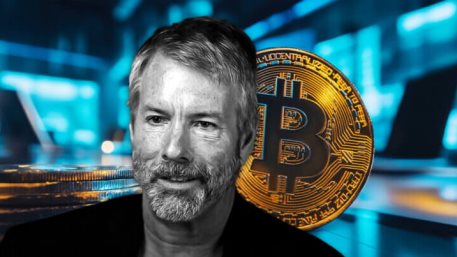
Global capital markets were stirred today following the news that the prototype Covid-19 vaccine that is being developed by Pfizer and BioNTech has prevented over '90 per cent of symptomatic infections' in a clinical trial of thousands of volunteers. According to people familiar with the matter, these results are far better than the initial expectations hoped for, which means that this vaccine could be the real game-changer in the find against the coronavirus that the world has been craving for since the beginning of the pandemic.
The stock market, which finally managed to get a respite from all of the uncertainty stemming from the US Presidential race, reacted immediately to the news. The S&P 500 jumped to a new all-time record while the greenback regained its previous bullish momentum. Yet, premature celebrations can be quite unjustified at the present moment.
What the market is undergoing through right now is a form of a cathartic release after being held back for months at an end by coronavirus-related fears. However, this momentary excitement from today's welcoming news – a reversed Black Swan if you will – should not be misconstrued for the end of the crisis. There is still a myriad of factors that could always be boggled down.
Before the novel vaccine can be distributed across the world, regulators such as the FDA in the US need to approve it, which could take a while. Before this happens, there is a slim possibility that the projected efficacy of the vaccine could be revised down. Such a scenario could pan out if future test results demonstrate fewer examples of prevented symptomatic infections. In other words, despite the thousands of already tested volunteers, there is still a potential risk from unsatisfactory future results.
The instant market excitement broad about by today's news is owing to the general presumption that a viable vaccine would allow for the global economy to reach pre-pandemic output levels. There are, however, but a few reasons to expect such an outcome.
First of all, even if the appropriate healthcare authorities approve the vaccine in the near future, it could take weeks and even months before it is distributed on a global scale. Moreover, these assertions are drawn amidst a substantial second epidemic wave, which could further stymie the necessary logistics. Second of all, even if these obstacles are somehow managed by a targeted global effort, the vaccine may not necessarily be applied to a sufficient number of people.
A massive populist outpour against the use of face masks, for instance, has already been observed worldwide on a troubling scale, which could turn out to be a concerning prelude to what is yet to come. Namely, many people could choose to refrain from vaccinating themselves for whatever reasons, which could jeopardise the expectations concerning the global labour force returning to work soon.
The only conceivable way in which the global pandemic can be reversed effectively is if a substantially significant number of people develop an immunity to the virus. For the time being, mass-vaccination seems the most plausible way of achieving the task at hand.
This article is highly contextual and subjective precisely because, at the present moment, we lack the necessary data to project more robust future models. Nonetheless, the importance of the article stems from its connotation to the potentially adverse impact of mass-market psychology. Chiefly, the tendency of market participants to exaggerate the significance of such external news. That is not to take away from Pfizer and BioNTech's developmental success, but simply to highlight the threats from joining the excitement bandwagon now when the market is still far away from recovering fully from the pandemic.




















